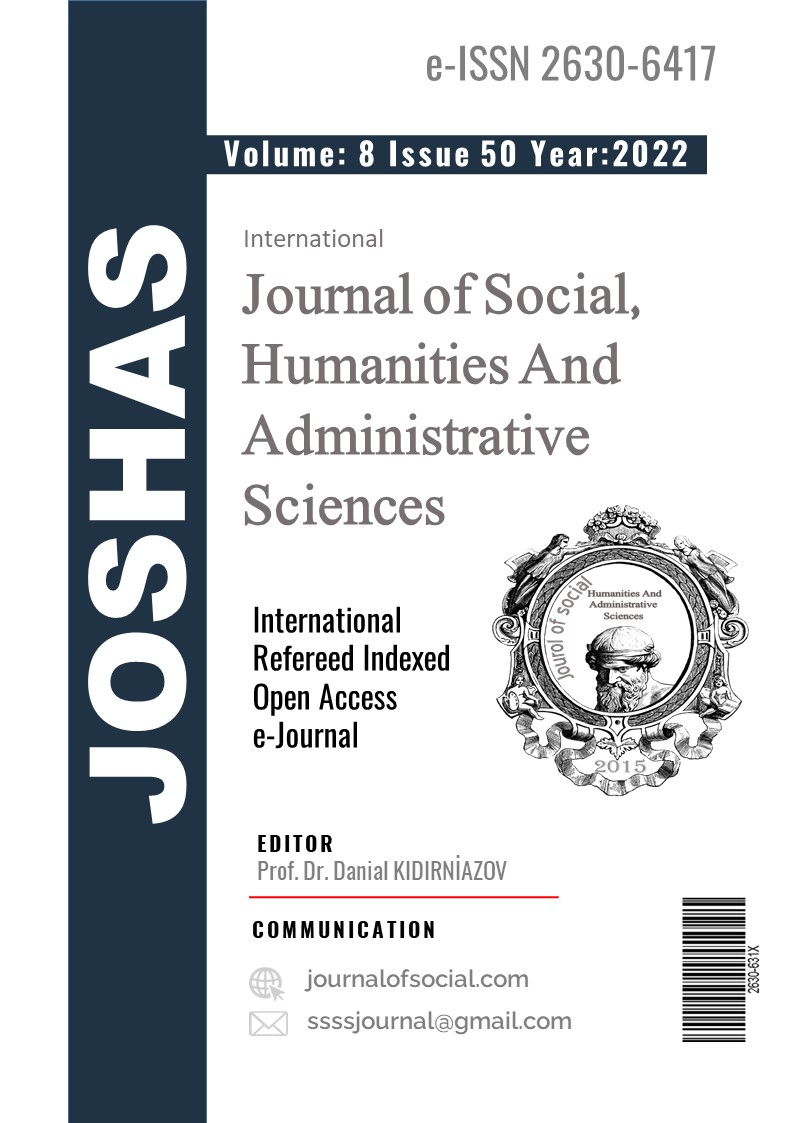Author :
Abstract
Translation like any linguistic activity shapes and is shaped by both individual and collective ideological beliefs. In Translation Studies, theoretical thought on the concept and the role of ideology has been neglected in relation to other domains of Humanistic Studies. The present study aims at exploring in depth the relation between translation and ideology and suggesting a theoretical model, that is Critical Discourse Analysis, as a tool for handling the ideologically loaded units of the original text (source text) in the translating process. To this end, a multidimensional theoretical approach to ideology has been adopted, investigating the relation of ideology to associated disciplines such as language, translation and ethics of translation. Furthermore, the paper focuses on the translation of media discourse given that this type of discourse bears a strong ideological loading. The main conclusion that has been drawn by the research is that any translation event is embedded in a sociocultural context bearing a certain ideology. Thus, the interpretation of the message the translator attempts to transmit depends to a large degree on the set of values and beliefs of the people involved in the translation event such as authors, translators and recipients of the translated product.
Keywords
Abstract
Translation like any linguistic activity shapes and is shaped by both individual and collective ideological beliefs. In Translation Studies, theoretical thought on the concept and the role of ideology has been neglected in relation to other domains of Humanistic Studies. The present study aims at exploring in depth the relation between translation and ideology and suggesting a theoretical model, that is Critical Discourse Analysis, as a tool for handling the ideologically loaded units of the original text (source text) in the translating process. To this end, a multidimensional theoretical approach to ideology has been adopted, investigating the relation of ideology to associated disciplines such as language, translation and ethics of translation. Furthermore, the paper focuses on the translation of media discourse given that this type of discourse bears a strong ideological loading. The main conclusion that has been drawn by the research is that any translation event is embedded in a sociocultural context bearing a certain ideology. Thus, the interpretation of the message the translator attempts to transmit depends to a large degree on the set of values and beliefs of the people involved in the translation event such as authors, translators and recipients of the translated product.
Keywords
- Alihusser, L. (1984). Essays and Ideology. London: Verso.
- Alihusser, L. (1984). Essays and Ideology. London: Verso.
- Baker, M. (2006). Translation and Conflict. A Narrative Account. London & New York: Routledge.
- Bielsa, E. (2005). Globalisation and Translation: A Theoretical Approach. In Language and Intercultural Communication, 5:2, 131-144.
- Charaudeau, P. (Ed.) (1988). La presse, produit, production, réception. Paris: Didier Erudition. Fairclough, N. (1992). Discourse and Social Change. Cambridge: Polity Press.
- Fawcett, P. (2001). Ideology and Translation. In M. Baker (Ed.) Routledge Encyclopaedia of Translation Studies. London & New York: Routledge, 106-111.
- Hatim, B. & Mason, I. (1994). Discourse and the Translator. London & New York: Longman
- Mason, I. (2010). “Discourse, ideology and translation”. In CriticalReadings in Translation Studies, M. Baker (ed), 85-95. London & New York: Routledge.Nabokov, V. (2004). “Problems of Translation: Onegin in English”. In the Translation Studies Reader, L. Venuti (ed), 227-238. London & New York: Routledge.
- Pérez, C.M. (2003). Apropos of Ideology. Translation Studies on Ideology – Ideologies in Translation Studies. Manchester & Northampton: St Jerome.
- Schäffner, C. & Bassnett, S. (Εds.) (2010). Political Discourse, Media and Translation. Newcastle: Cambridge Scholars Publishing.
- Snell-Hornby, M. (1990). Translation studies: an integrated approach. Amsterdam & Philadelphia: J. Benjamins.Toury, G. (1995). Descriptive Translation Studies and Beyond. Amsterdam & Philadelphia: John Benjamins.
- Van Dijk, T. (2005). Critical Discourse Analysis. In The Handbook of Discourse Analysis. D. Schiffrin, D. Tannen & H.E. Hamilton (Εds.) London: Blackwell Publishers.
- Venuti, L. (1995). The Translator’s Invisibility. London & New York: Routledge.
- Vermeer, H. (2004). “Skopos and Commission in Translational Action”. In the Translation Studies Reader, L. Venuti Wodak, R. & Meyer, M. (Εds.) (2001). Methods in critical discourse analysis. London: Sage





